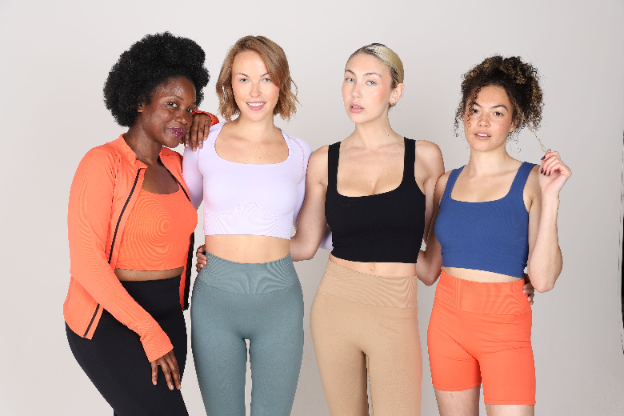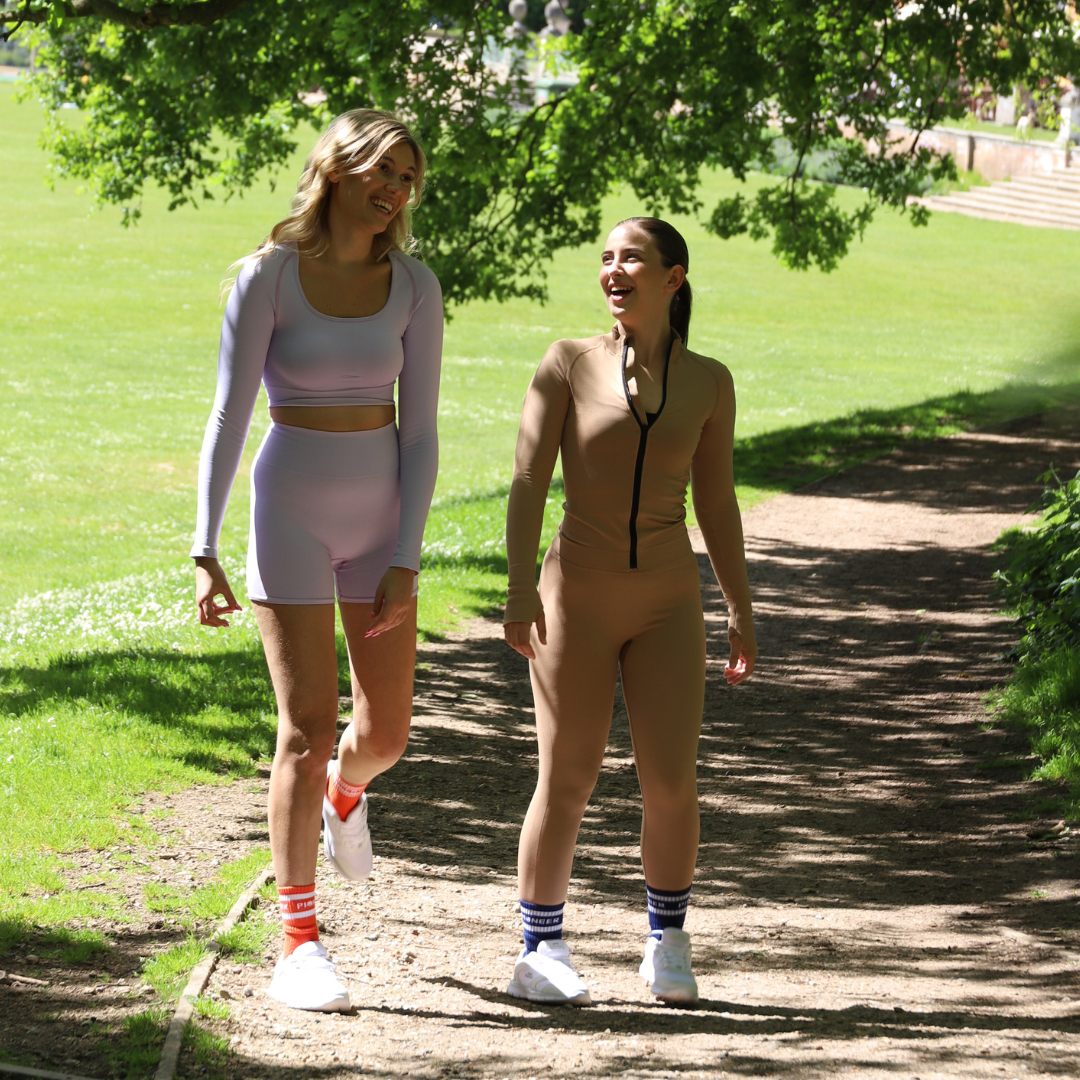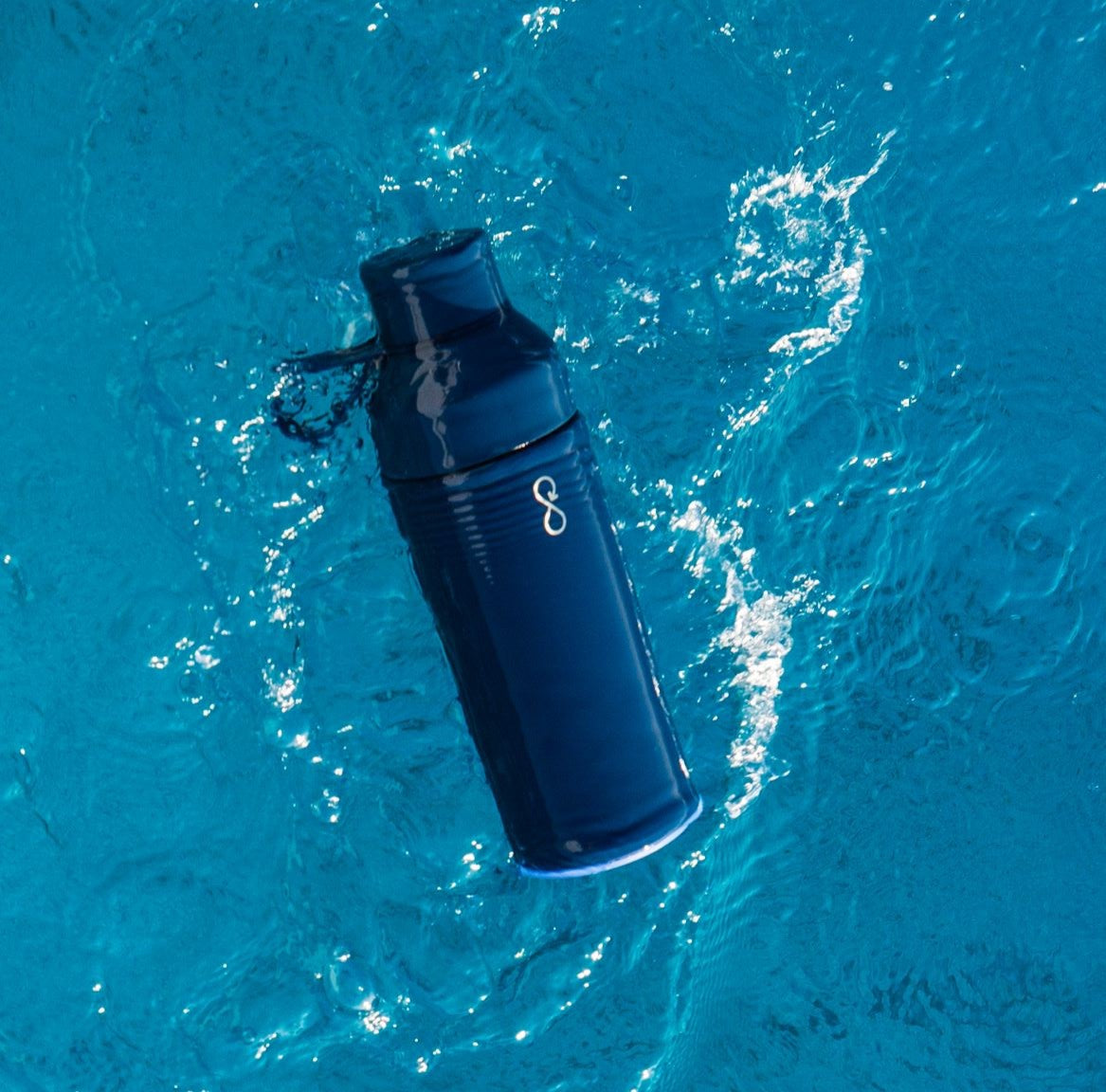The Importance of Quality Over Quantity: Embracing Eco-friendly Practices in Fashion

We live in a world driven by fast fashion, where trends change faster than the
seasons, it’s easy to get caught up in the cycle of reinventing our wardrobes.
However, this new “quantity over quality” mindset can cause serious ethical and
environmental impacts. The fashion industry is one of the largest polluters of the
planet globally! The Contribute the admissions of carbon and greenhouse gasses,
pollution to our waters and vast amounts of waste in our landfills. As consumers,
we are the only ones who hold the power to change the narrative! Let’s make the
switch from fast trends that end up as trash to timeless pieces made to last a
lifetime in our wardrobes and not in our landfills. Let’s embrace eco-friendly
practices that will benefit our planet and make a change to our future.
Why Choose Quality Over Quality?
Durability and Longevity: Quality Garments are made to withstand the
test of time. So when we invest in higher quality clothing we invest in
something built to last, unlike fast fashion pieces, these are generally
made with cheaper materials and poor craftmanship with no consideration
for the environmental impacts. Buying high quality clothing means it’s
likely that less will end up in landfill as the need to replace worn out
clothes will be reduced. Choosing quality over quantity will not only save
the planet by reducing our environmental footprint, but it can also save
your wallet in the long run.
Ethical Production: If your buying higher quality items, its likely that it is
produced under better working conditions using more sustainable
practices. If a brand is fairly paying, their staff and using sustainable
materials they will be shouting out about it. When deciding on what
brands to purchase from a little bit of research goes a long way, and if the
brand has made some promises on sustainability, it won’t take long to find
them. By supporting these brands, you are helping to contribute to a more
ethical and eco-friendly fashion industry.
Timeless Style: Invest in classic, well-made pieces and fill your wardrobe
with items that will never go out of style. Look to build a wardrobe of
things that are versatile enough to suit any occasion. This will help to
relieve the overwhelming pressure you feel to constantly buy new clothes

How to Prioritise Quality Over Quantity in Your Wardrobe
- Be Mindful of Your Purchases: The first habit to get yourself into is asking ‘do I really need this? Will it last? How often can I wear it?’. Questioning yourself will help you to make more deliberate choices and avoid impulse buys to stay on trend. Focus on obtaining pieces that will add value to your wardrobe.
- Research Sustainable Brands: It’s important to support brands that that focus on ethical production and prioritize the quality of their products. Look for certifications the brands have such as, Fair Trade, GOTS (Global Organic Textile Standard) and B Corp, which indicates the commitment to sustainable practices. These brands are investments in your wardrobe, as they often come with a higher price tag, but they provide a lot more benefits to the planet and the people who make them. Remember your paying for a quality item to last.
- Care For Your Clothes: Following care instructions when washing will significantly extend its lifespan. Avoid over washing where possible and repair items that start to show wear rather than throwing them out. Simple practices such as air drying, washing at a lower temperature and using less harsh chemicals to wash with will maintain the quality of your clothes as well as help to reduce the impact on the environment by using less electricity and pumping less chemicals into our water systems.
- Embrace Second Hand-Shopping: Charity shops, vintage stores and online platforms offer a treasure trove of high-quality clothing at a fraction of its original retail price. Buying second hand is very budget friendly and helps to save clothes from ending up in landfill while reducing the demand for more fast fashion items to be made thus minimizing environmental impacts if the clothing industry.
-
Build a Capsule Wardrobe: A capsule wardrobe is a collection of timeless and versatile pieces that can be mixed and matched to create an outfit for any occasion. Focus on collecting high quality adaptable pieces that still give lots of stylish options for a fraction of the wardrobe space.

The Bigger Picture: Environmental and Social Impacts
Its not all about having a better wardrobe, it’s about the impact were making as consumers to the environment. The fashion industry is responsible for a large amount of the harmful effect production has on our world. This industry alone is responsible for 10% of global carbon emissions which succeeds the impact of international flying and maritime shipping combined. The waste products that occur at every stage of production are harming wildlife, degrading our lands and polluting soil and water. By prioritizing quality, we help to reduce the damaging effects we make to the planet. Supporting brands that have ethical standards will help to ensure they have the right practices in place to look after their staff correctly. Cheap production overseas in countries where the companies can pay their factory workers next to nothing do not have laws in place to keep their staff happy, healthy and not overworked. These little steps in checking where your clothes are coming from are small but powerful steps towards helping build a more ethical and sustainable economy.
Making Conscious Choices
Keeping all these tips in mind, together we can help to work towards a more sustainable future. The choices we make from now on must positively impact our planet and its people, not just our wardrobe. Invest and care for your everyday items, embrace second hand shopping, sell or donate anything that you’re finished with and promote a more sustainable fashion industry! Remember every step we make today is a step towards the kind of world you want to live in.


